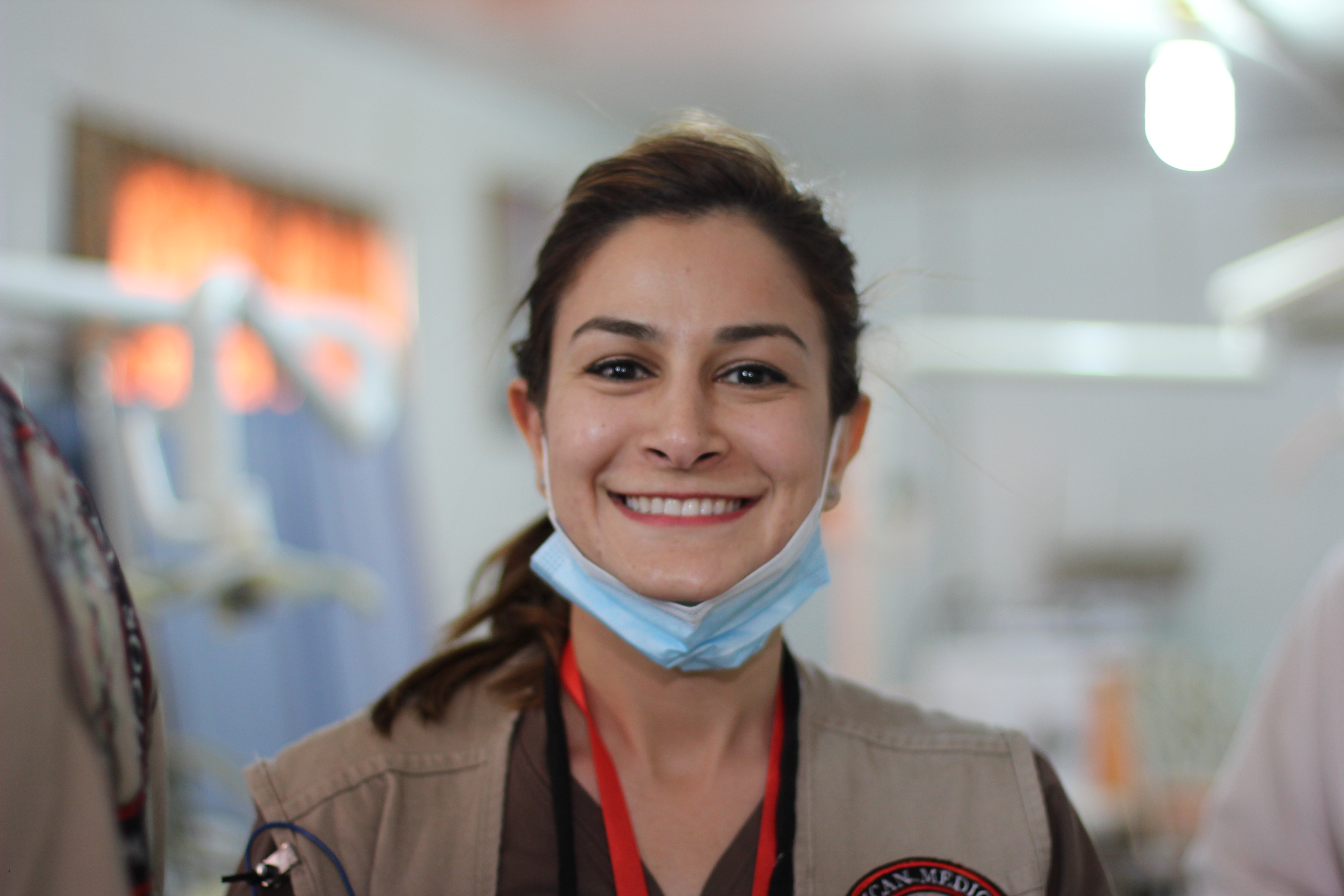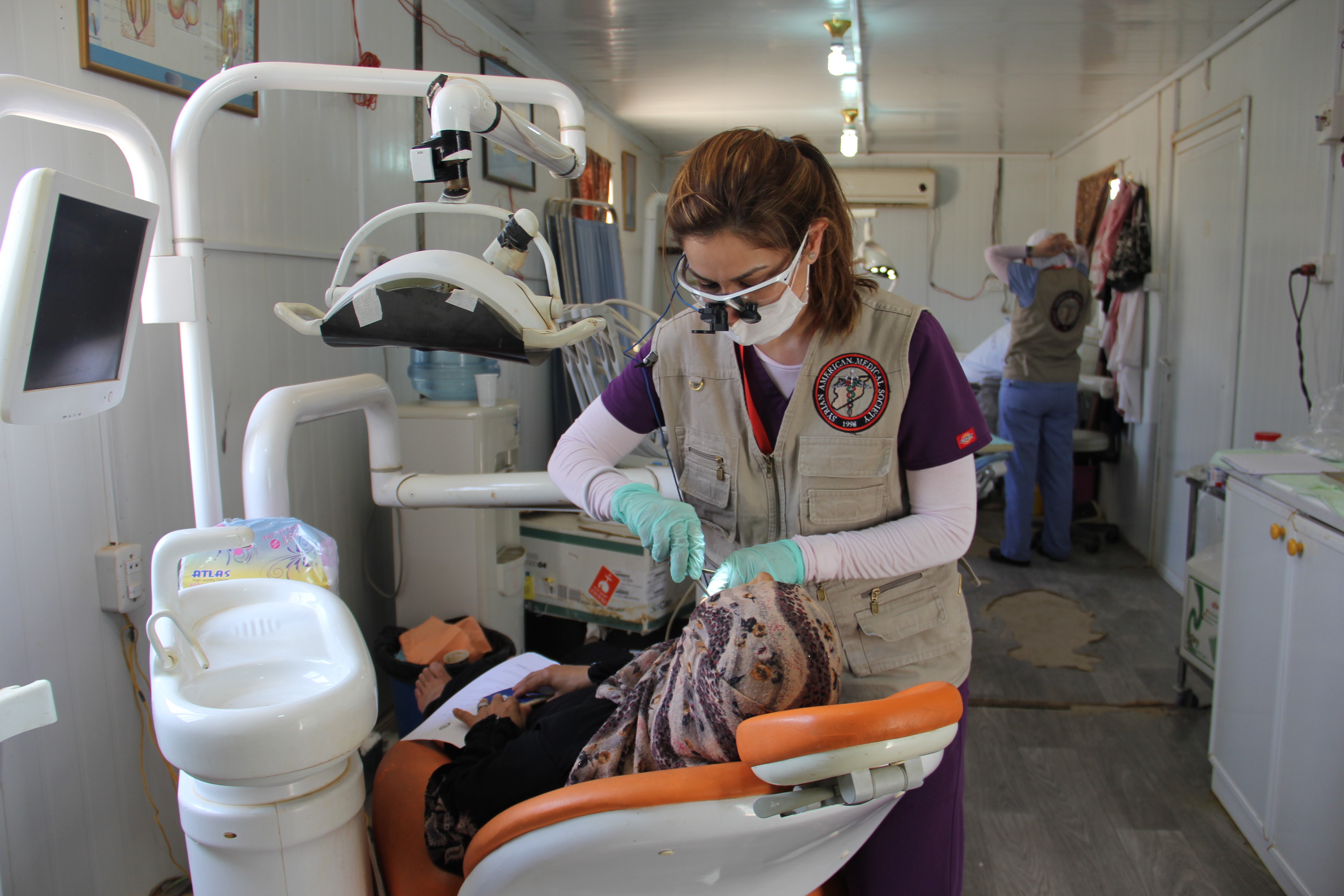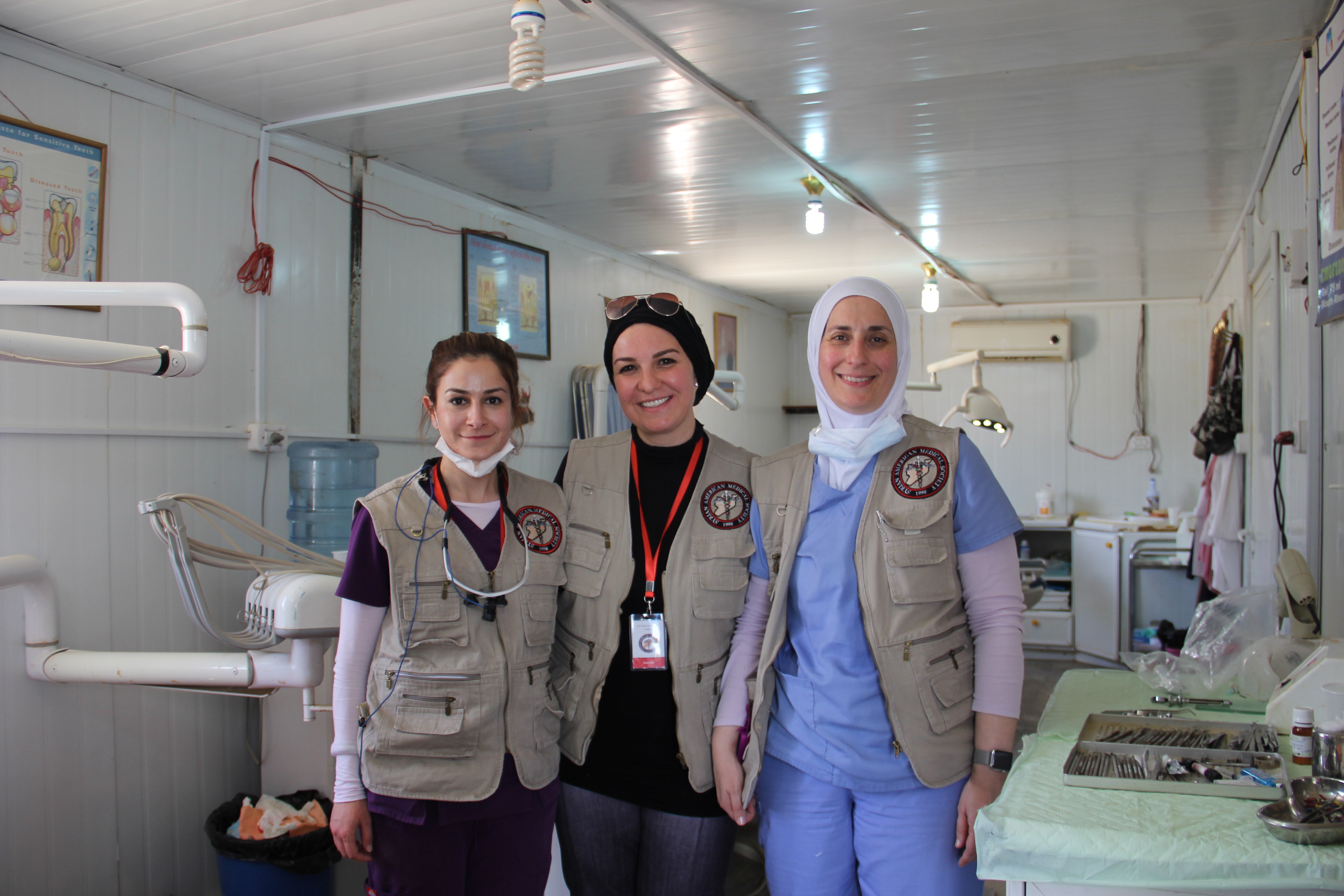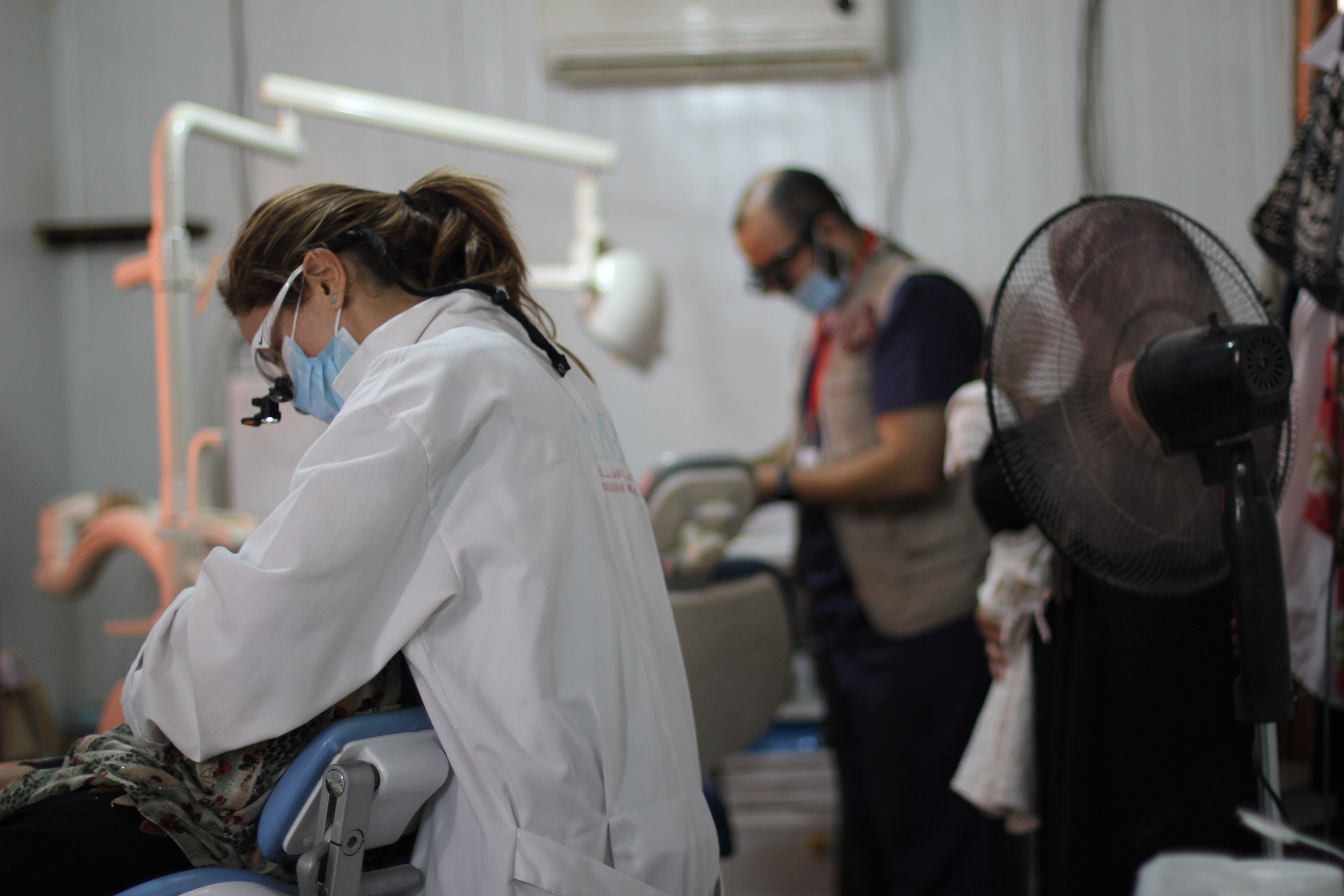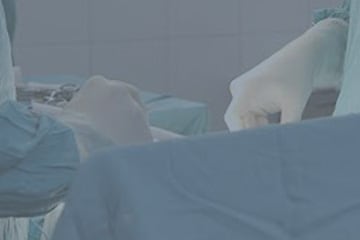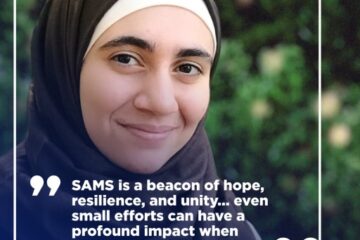July 12, 2017
“When I was younger I used to hear about doctors, ophthalmologists, you name it – they said they would go to Syria and help every three weeks in the summer. I thought that was a really awesome idea. I wanted to do this even before the conflict.”
Even as a child, Dr. Suzanne Horani was determined to provide care to underserved patients, a goal that followed her throughout her education.
“In dental school they asked us to have three goals, and my goal was to go abroad every year in the summer for three weeks to offer free dental care.”
When the crisis in Syria erupted, it only fueled her motivation even more. Now, she joins a team of four other dentists on our SAMS July medical mission to Jordan. Here, she is joined by dentists Dr. Rouzana Hares, Dr. Mohsena Mall, Dr. Tarek Safadi, and Dr. Asraa Al Darahali.
Together, the dental team provided dental care across many locations near Amman, including Al-Zaatari Camp and Irbid. So far, the dental team has treated 230 patients, with one day in clinic still left.
The most common problems they have seen include toothaches, decay, chronic infections and cellulitis. In displacement, poor dental hygiene and lack of access to dentists can have a life-altering impact that can lead to serious infections and chronic pain. Dental care can often be overlooked in health related services for refugees. However, SAMS sees the importance and necessity of this aspect of healthcare. Dental health is inextricably linked to overall health and can act as an indication of well-being.
Throughout their time in Jordan, the dentists have treated patients of all ages, from 6 years old to 60. On the first day of the mission, Michigan-based Dr. Rouzana Hares, her translator Ebaa Baki, and Dr. Horani provided dental care in a small caravan in Al-Zaatari camp, partnering with local dentists to treat refugees.
That day, they treated 19 patients – but one stood out to both Dr. Hares and Ebaa: a young girl of 6 who underwent a filling.
“She was so brave – astonishingly brave,” Dr. Rouzana says, describing how even with limited resources, the patient was incredibly calm and resilient.
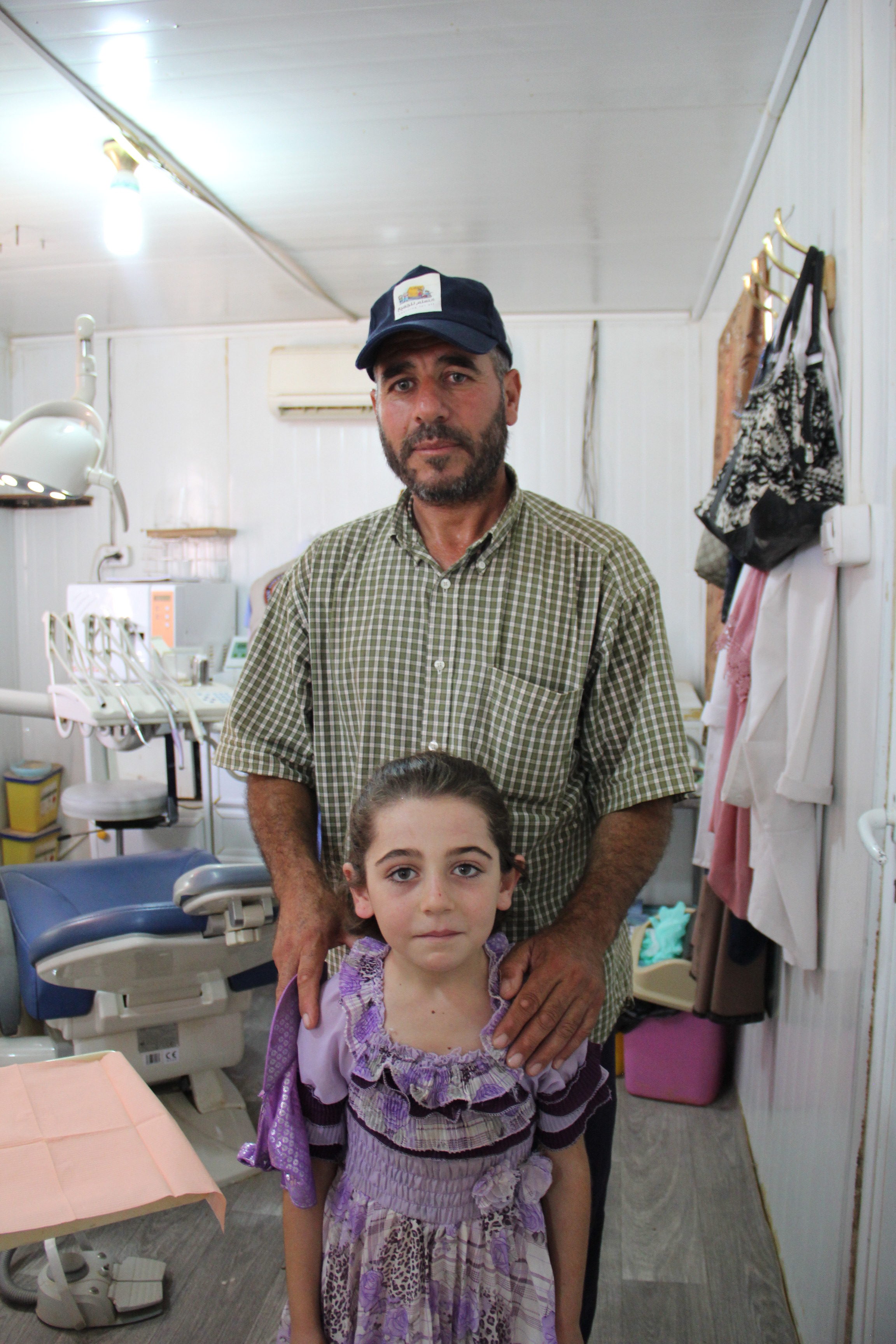 “There was no assistant to calm her down, or nitrous to calm her down. At home, I would probably do two folds the behavior management I do here, with oral sedation and ability to use nitrous and and an assistant with suctioning.”
“There was no assistant to calm her down, or nitrous to calm her down. At home, I would probably do two folds the behavior management I do here, with oral sedation and ability to use nitrous and and an assistant with suctioning.”
Ebaa, who joined us as a translator on the mission, was inspired by the relationship between this young patient, and her father who brought her to the clinic.
“He was holding her hand, calling her princess, calming her down. She was only seven. Any other kid her age would be crying and screaming. She was very calm because she was with her dad and her dad was a big support.”
This trend of family support continued throughout the day: “Their kids were their first priorities,” Ebaa says of the parents she met.
“Their love and support for their kids really amazed me.”
For Dr. Rouzana Hares, medical missions put things into perspective in addition to allowing her to provide critically needed care.
“It puts things into perspective and grounds me to look at the bigger goals in life,” she says. Dr. Hare has also worked at a free clinic in her hometown in Detroit.
The team, however, faced challenges throughout the day, contending with a high patient load and limited resources, such as a lack of equipment.
“If their teeth are decayed, this could be resolved with a filling, but because of the high patient load and lack of supplies, we have to do an extraction.” Dr. Horani described the consequences of a resource-limited setting such as Al-Zaatari camp. Both dentists remark that many of the patients have been in pain for a long time due to decayed teeth, and are eager to address the root cause of their pain even if it means an extraction.
The team of five dentists were split between locations, some at Al-Zaatari and some at clinics such as in Irbid, which hosts over 100,000 registered refugees.
At Al-Zaatari Dental Clinic, the medical mission volunteers work alongside two local dentists who are responsible for providing care on a daily basis. As the day winds down and the waiting room becomes quieter and quieter, the dentists swap stories with their colleagues, review their equipment, hand out toothbrushes and crack jokes. Linked by a common objective, they leave the caravan behind for the night, knowing that tomorrow, another full day awaits them.

